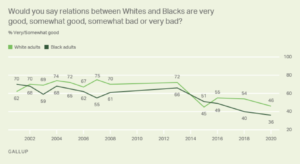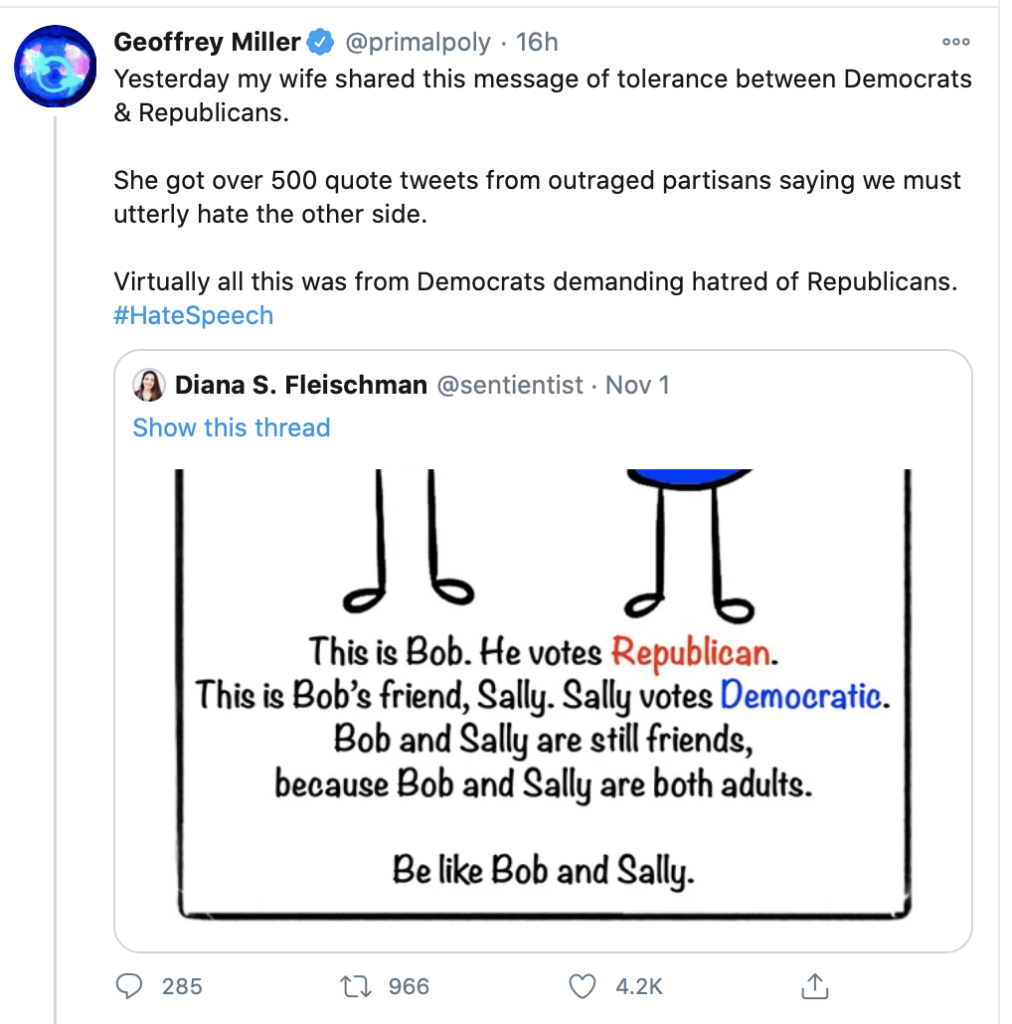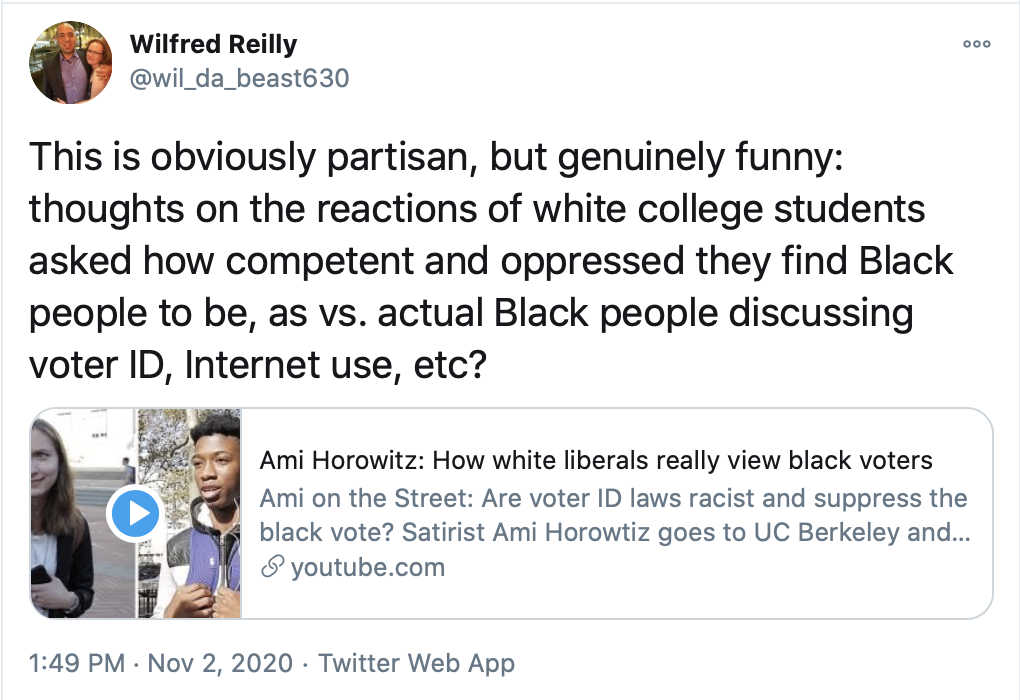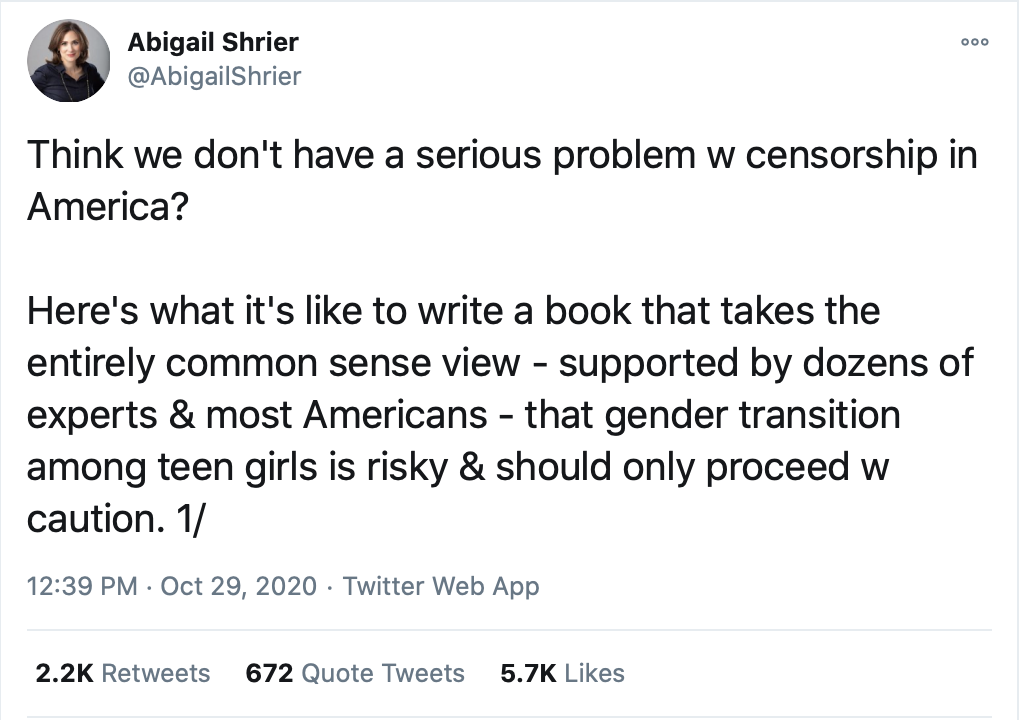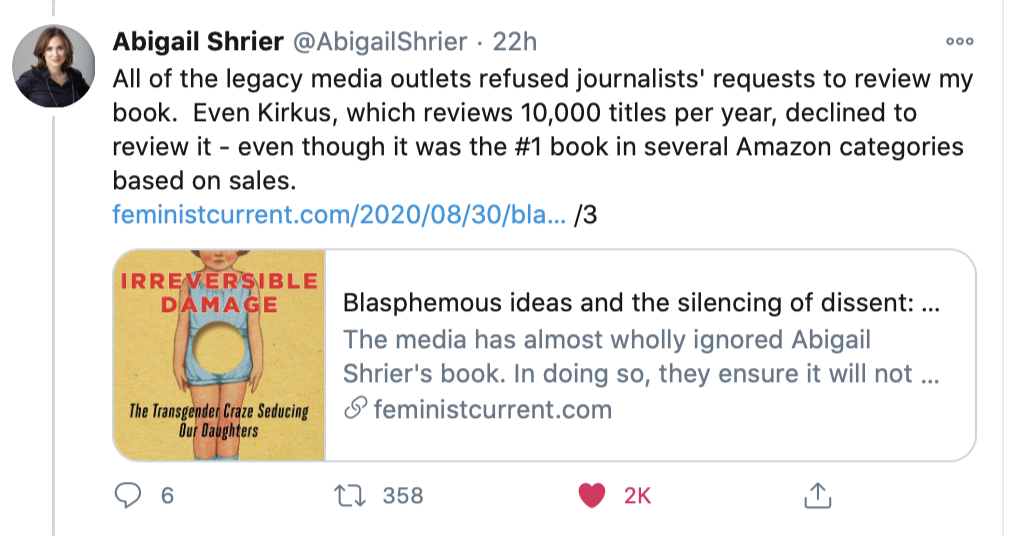When U.S. Race Relations Soured
I recently read a thread on another forum in which 100 out of 140 posts declared that we became a divided nation under Trump and it was Trump's fault. I then found Gallop data that tracked opinions on race relations historically. I found it fascinating. What jumped out at me was the legacies of the last two presidents, when things began to fall apart, and the disappearance of the "No Opinion" response.
Obama, who took office in 2009 inherited a relatively united country from Bush. A majority of both blacks and whites felt similarly that race relations were "very/somewhat good." When Obama left office, a majority of both races felt that race relations were no longer "very/somewhat good." Things started falling apart around 2013 and the downward trend line simply continued under Trump. Over time, the number of people expressing no opinion shrank to near-zero.
The lines moved in parallel. Even when the gap reached 20% in 2007, both groups were still positive. Joe Biden will inherit a divided nation. If we focus on blame without understanding that this trend began in 2012, we will not reunite.
I understand that attitudes on racism are extremely complex. That said, my first significant indication of coming trouble was John Lewis's characterization of John McCain in 2008 as a "racist." I had always respected both men, and although by then I was becoming accustomed to hearing Democrats cut off debate by pointing at the nearest white Republican and yelling, "Racist!," that was unlikely to apply to McCain. He had matured in the US military, arguably one of the least racist institutions in the country.
My second indication came in 2011, when prominent civil rights leaders repeatedly proclaimed that the only reason to disagree with Obama was racism. His approval rating at inauguration was 70%. Less than three years later it was in the low 40s. One-quarter of Americans had become racists in very short order, apparently.
Bureau of Justice Statistics is not, IMO, intentionally obfuscatory, it's simply standard bureaucratic denseness. It's difficult to tease out, but the numbers don't support a narrative of black victimization at the hand of whites. Interracial violence is unusual, and while black-on-white crime is more common than the inverse, it's still relatively rare.
In 2014 Michael Brown was shot and killed by white police officer Darren Wilson in self-defense. The "hands up, don't shoot" false narrative came out of this. Some forty FBI Agents were dispatched to Ferguson, Missouri, and three White House representatives attended the funeral. The town of Ferguson was seriously damaged and the "Ferguson Effect" was born, with police officers hesitant to approach black suspects not for fear of being shot, but for fear of criminal charges.
Events occurring during the Obama presidency put U.S. race relations on a downward track. Trump, to his discredit, has only made things worse. My point is that we shouldn't be focusing on Trump alone, overlooking events from the preceding years. We need to acknowledge the longer duration and complexity of this unfortunate trend to begin to fix what has gone wrong.

